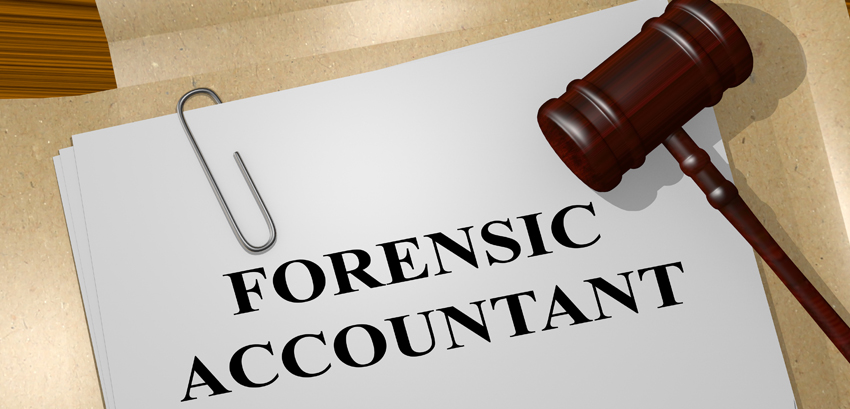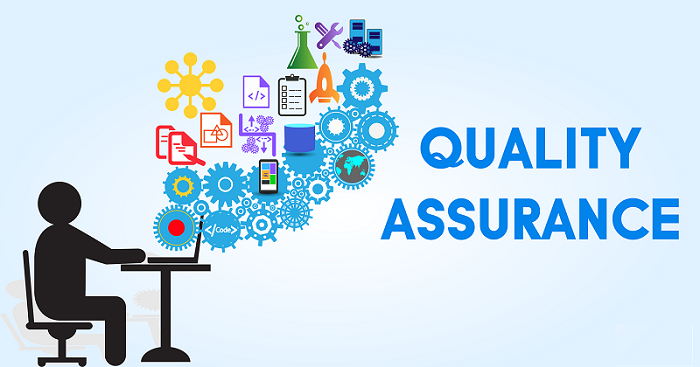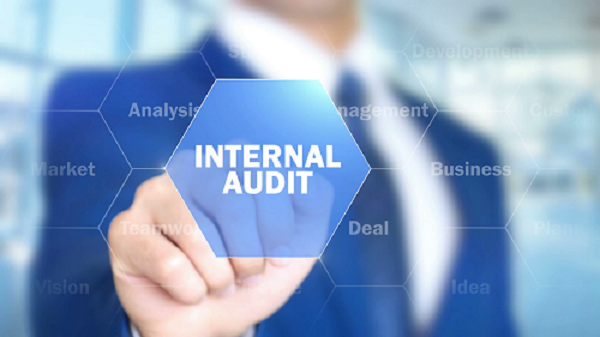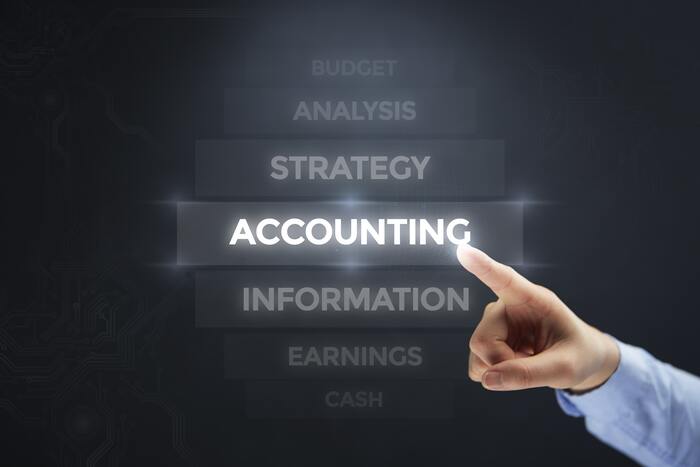The need for effective financial controls and accountability has never been more pressing in the complicated financial environment of today. Unfortunately, enterprises, and even individuals face serious difficulties as a result of the proliferation of financial crimes.
As a potent defence against these dangers, Forensic Accounting Services in Australia have evolved. It has become an essential tool for identifying and avoiding financial malfeasance. It offers key proof in court, and restoring financial integrity.
Understanding Forensic Accounting:
A specialist area of accounting that goes beyond basic financial audits is called forensic accounting. It entails combining accounting, auditing, and investigation abilities to carefully review financial transactions and records.
Forensic accountants’ main goals are to find and investigate financial abnormalities, expose fraud, and give precise and trustworthy financial evidence to back up legal claims.
The Need for Forensic Accounting Services:
The need for Forensic Accounting Services in Australia has increased dramatically as firms and organizations deal with more difficult issues. Companies are turning to forensic accountants for professional assistance in protecting their financial interests. This is because of the possibility of severe financial losses as a result of fraud and other financial crimes.
Fraud Detection and Prevention:
Fraud detection and avoidance are two of the forensic accounting services’ primary functions. To spot warning signs and irregularities in financial data, forensic accountants use analytical and investigative tools.
They can identify fraudulent activity inside a company. By doing this they can put preventative measures in place by carefully examining transactions, trends, and financial records.
Unravelling Complex Financial Transactions:
Forensic accountants are experts in unravelling complicated financial transactions at a time of worldwide commercial operations and complex financial systems. To comprehend the actual nature of the financial activity, they rebuild financial records. They also track the movement of cash, and uncover hidden financial structures and possible fraud schemes.
Support in Litigation:
Expert witnesses in court cases and litigation support are forensic accountants. They are qualified to assemble thorough financial evidence and offer qualified testimony in court. Their conclusions can significantly influence the result of court disputes since they support assertions and arguments relating to money issues.
Finding Illegal Funds:
A crucial component of forensic accounting is the capacity to track down illegally obtained money. To find money laundering schemes, forensic accountants investigate money trails. They also do it to trace the path of diverted cash and pinpoint the people or organizations responsible for crimes.
Due Diligence Investigations
Businesses must perform due diligence to evaluate potential risks before participating in mergers, acquisitions, or partnerships. In these investigations, forensic accounting services are essential. This is because they offer a thorough financial analysis. It enables businesses to make wise decisions and steer clear of potential dangers.
Regulations and Compliance Requirements
Businesses face tough hurdles as a result of the constantly changing financial legislation and accounting standards environment. Forensic accountants can assist firms in navigating this complexity. They can do this by assuring compliance with pertinent rules and regulations and reducing the risk of legal fines.
Cyber Forensic Accounting
Financial crimes have advanced in sophistication in the digital age and frequently entail data breaches. Cyber forensic accounting is a specialist field that deals with financial crimes involving the Internet, including digital fraud.
To support their investigations, forensic accountants use cutting-edge digital technologies to collect electronic evidence. This includes emails, data from financial software, and other digital documents.
Digital Evidence Collection
In the present day, gathering and storing digital evidence is an essential component of forensic accounting. Modern tools and methods are used by forensic accountants to efficiently gather, examine, and present digital evidence. To secure the admissibility of evidence in court, this also entails maintaining data integrity and abiding by legal requirements.
Resource Recovery
Forensic accounting is essential in finding and retrieving diverted assets in situations of financial fraud or asset misappropriation. To help return stolen money to its rightful owners, forensic accountants track the movement of money and spot hidden assets.
Proactive Risk Mitigation
The nature of forensic accounting services is both proactive and reactive. Forensic accountants assist companies in identifying and resolving any flaws in their financial systems by doing audits and risk assessments. Internal controls are strengthened and financial risks are reduced thanks to this proactive approach.
Relationship with Law Enforcement
In the course of looking into financial crimes, forensic accountants frequently collaborate closely with law enforcement. They are a crucial resource for supplying financial evidence that can support successful prosecutions due to their specific knowledge.
Contribution to Bankruptcy Proceedings
Accountants are essential in examining financial accounts, transactions, and activities. They ascertain the causes of an organization’s insolvency during bankruptcy proceedings, forensic. They ensure an equitable division of residual assets and aid parties in understanding the financial elements of bankruptcy situations.
Insurance Claims Investigations
Inquiries into insurance claims mostly rely on forensic accounting. To verify or disprove insurance claims, forensic accountants meticulously review financial data. This enables insurers to make well-informed choices on claim settlements.
Support in Family Law Cases
Forensic accountants are crucial in examining financial declarations and locating concealed assets in family law issues, such as divorce processes. Their knowledge aids in fair asset division and guarantees a just outcome for all parties.
Problems with Ethics in Forensic Accounting
During their investigations, forensic accountants frequently run into moral binds. While working, they must preserve confidentiality, impartiality, and neutrality. The integrity of their work must be upheld at all times to ensure the validity of their conclusions.
Development of the Professionally
Forensic accountants must regularly upgrade their knowledge and expertise. They should keep up with the most recent accounting techniques, regulatory requirements, and technology developments. To be productive in the constantly changing profession of forensic accounting, ongoing education and training are essential.
Cost-Effectiveness of Forensic Accounting
The potential cost reductions are substantial, even if using forensic accounting services may require an initial expenditure. Early detection and prevention of financial fraud can spare firms from significant financial losses and long-term reputational harm.
Conclusion:
The use of forensic accounting services is now essential in the battle against financial fraud and wrongdoing. Their broad range of skills equips companies, organizations, and legal entities to confidently address challenging financial issues.
Forensic accountants support openness, accountability, and financial integrity by giving a precise and accurate picture of financial transactions. This eventually helps to create a more safe and reliable financial environment.






